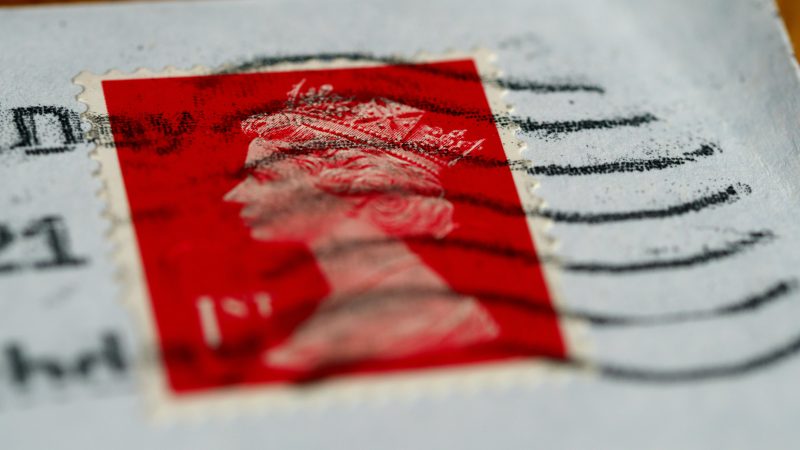Easy Practices to Save Money When You Buy Your First Home

If you’re saving for your first home, it’s essential to set a savings target and stick to it. Determine the average price of homes in your area, and work with your agent to create a realistic budget.
Don’t forget to save for closing costs, property taxes, and other miscellaneous expenses. Here are some easy practices to help you reach your goal:
1. Automate Your Savings
When you’re saving for a big goal, it’s tempting to let your bills and other monthly expenses take priority. However, it’s important to “pay yourself first,” which can be done through automated savings.
The easiest way to do this is to set up your direct deposit paycheck to send part of it into a separate savings account. Alternatively, there are money-saving apps like Digit and Qapital that can help you do this.
You can also make it harder to give into impulse buying by giving yourself at least 24 hours before you buy something. That way, you’ll have enough time to reconsider if it’s really worth the money or not. This will keep the impulsive side of your brain from taking over and ruining your budget.
2. Sell Stuff You Don’t Need Anymore
There is a good chance you have stuff lying around your house that you no longer use, wear or want. By selling these items at an online store, charity shops or holding a garage sale, you can reduce clutter and make some money. While a dishwasher and appliances around the kitchen are important to keep, there are other useless big items that you can get rid of. A dishwasher warranty will allow you to have your dishwasher replaced in the event it stops working. But an old couch table sitting in the middle of your hallway may serve no purpose.
As a general rule of thumb, first-time buyers should aim to save at least 20% of a home’s purchase price. This can help you pay a down payment, cover closing costs and have funds left over for future expenses like maintenance.
Be sure to use “found” money, such as tax refunds, cash gifts for birthdays or holidays and rebate offers, towards your savings goal. This can add up over time! Having extra cash saved can also make the process of purchasing a new home easier.
4. Set a Budget
As a new homeowner, you may need to make adjustments to your overall budget. Specifically, you’ll need to save for home maintenance expenses and higher utility bills.
Ideally, you should begin tracking your spending well in advance of buying your first house. However, if you’re starting late, there are still plenty of practices that can help you reshape your finances.
For example, if you want to buy a house in the near future, it’s best to keep your
savings in an FDIC-insured account that earns interest rather than invest it. That way, one severe market downturn won’t derail your plans. In addition, it’s wise to save money for unplanned expenses that could arise as a new homeowner. Those might include a water heater repair or an unexpected trip to the emergency room.
5. Pay Off Debt
Buying your first home will likely be the largest purchase you’ll ever make, and it also creates new financial responsibilities. To help you manage these new expenses, financial planning and budgeting are essential.
Getting out of debt and building up an emergency savings fund are the most important steps to take before buying a home. Then, you can focus on saving for a down payment and other costs associated with the home-buying process.
To increase your savings, consider skipping vacations this year and enjoying a staycation instead. Americans spend an average of $2,000 on vacations each year, and saving that money could put thousands toward your mortgage down payment. Additionally, cutting out a single bad habit could save you hundreds of dollars a year.





